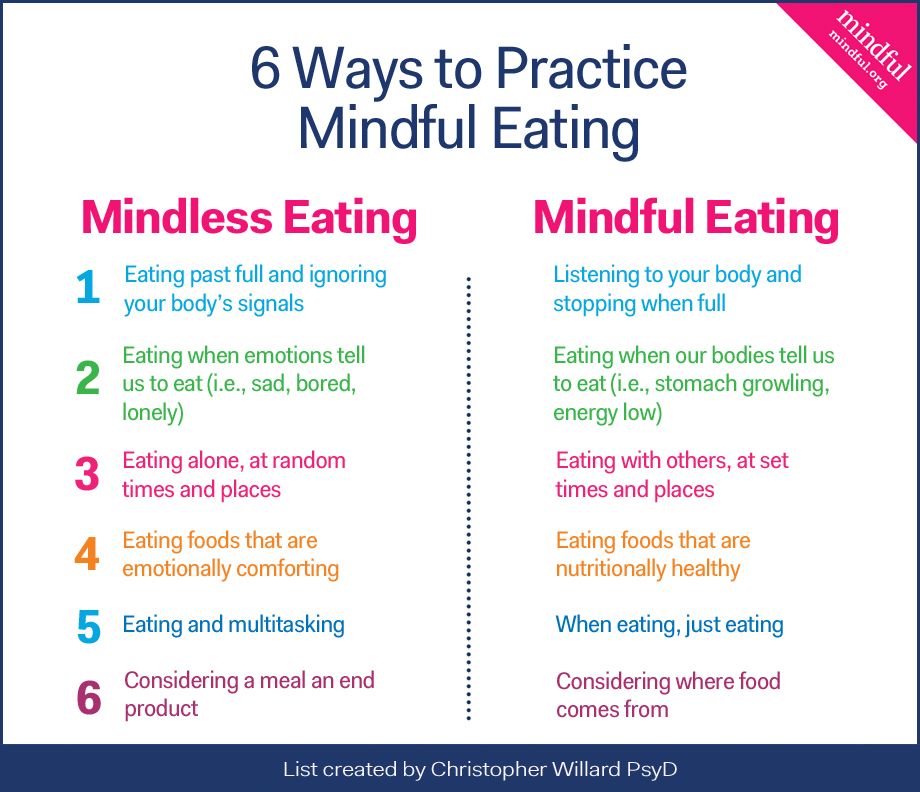Mindful Eating: Tips for Enjoying Food and Preventing Overeating
In today’s fast-paced world, it’s easy to get caught up in the hustle and bustle of everyday life. This can often lead to mindless eating, where we consume food quickly without paying attention to what or how much we are eating. Mindful eating is a practice that can help you slow down and savor your food, leading to better digestion, improved satisfaction, and a reduced risk of overeating. Here are some tips for incorporating mindful eating into your daily routine:
1. Slow Down
One of the key principles of mindful eating is to slow down and take your time when eating. Instead of rushing through your meal, focus on each bite and savor the flavors and textures of the food. This can help you feel more satisfied and prevent you from overeating.
2. Pay Attention to Hunger Cues
Before you start eating, take a moment to check in with your body and assess your hunger levels. Are you truly hungry, or are you eating out of boredom or stress? Listening to your body’s hunger cues can help you eat when you’re actually hungry and stop when you’re comfortably full.
3. Practice Mindful Cooking
Mindful eating starts before you even take a bite of food. Take the time to prepare your meals with care and attention to detail. Engage your senses by smelling, tasting, and touching the ingredients as you cook. This can help you develop a deeper appreciation for your food and cultivate a greater sense of gratitude for the nourishment it provides.
4. Eliminate Distractions
It’s easy to multitask while eating, whether it’s scrolling through your phone, watching TV, or working on your computer. However, distractions can prevent you from fully enjoying your meal and can lead to mindless overeating. Try to eat in a quiet, calm environment without distractions to fully focus on your food.
5. Listen to Your Body
Throughout your meal, check in with your body and pay attention to how you’re feeling. Are you starting to feel full? Are you satisfied with the amount of food you’ve eaten? Learn to trust your body’s signals and stop eating when you’re no longer hungry, even if there is food left on your plate.
6. Practice Gratitude
Before you begin eating, take a moment to express gratitude for the food in front of you. Reflect on where it came from, the effort that went into preparing it, and the nourishment it provides for your body. This can help you cultivate a greater appreciation for your food and make the eating experience more meaningful.
7. Be Kind to Yourself
It’s important to approach mindful eating with a sense of self-compassion and kindness. Don’t beat yourself up if you slip up or overeat occasionally. Remember that mindful eating is a practice, and like any skill, it takes time and effort to master. Treat yourself with patience and understanding as you work towards cultivating healthier eating habits.
By incorporating these tips into your daily routine, you can begin to develop a greater sense of mindfulness around food and eating. This can lead to improved digestion, better satisfaction with your meals, and a reduced risk of overeating. Remember that mindful eating is a practice, so be patient with yourself as you work towards building a healthier relationship with food.


